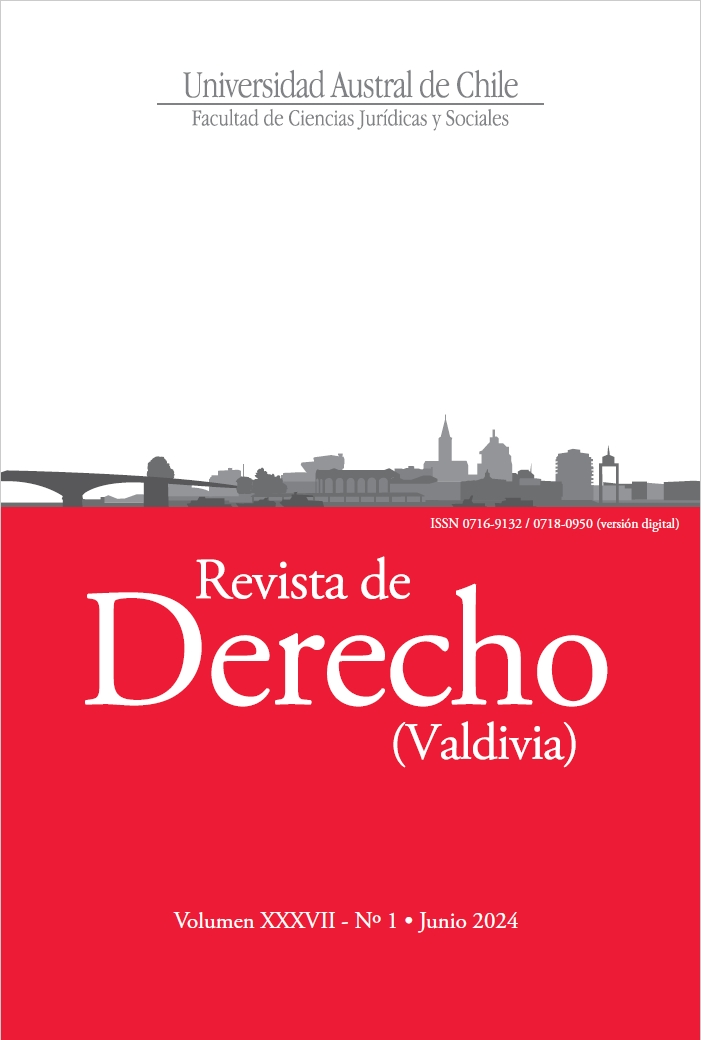Tensiones sociales generadas por las técnicas de reproducción humana asistida en materia de filiación en Colombia
Contenido principal del artículo
Resumen
En las sociedades occidentales, la filiación se atribuye, fundamentalmente, a partir de los lazos de sangre. No obstante, las técnicas de reproducción humana asistida (TRHA) originan diversas tensiones sociales en torno a la filiación como instrumento capaz de dar cuenta de las relaciones que un individuo establece con sus parientes y con la sociedad. Los cambios en la reproducción y la filiación están dejando atrás la uniformidad que trasmitía la naturaleza para reemplazarla por la diversidad propia de las relaciones sociales. Este artículo busca explicar las tensiones sociales que las TRHA están causando en el modelo biogenético y en la bilateralidad parental como elementos constitutivos de la filiación. Cuatro tensiones sociales serán analizadas: (i) el peso simbólico de la consanguinidad; (ii) el incumplimiento del derecho de mostrarse responsivo frente a la realidad social; (iii) la primacía de la dimensión estática de la filiación a pesar de la diversidad de dinámicas familiares donde se crean los vínculos filiales y, fin , (iv) el reconocimiento de la socioafectividad como fuente de atribución de la filiación.


 https://orcid.org/0009-0002-0228-0221
https://orcid.org/0009-0002-0228-0221